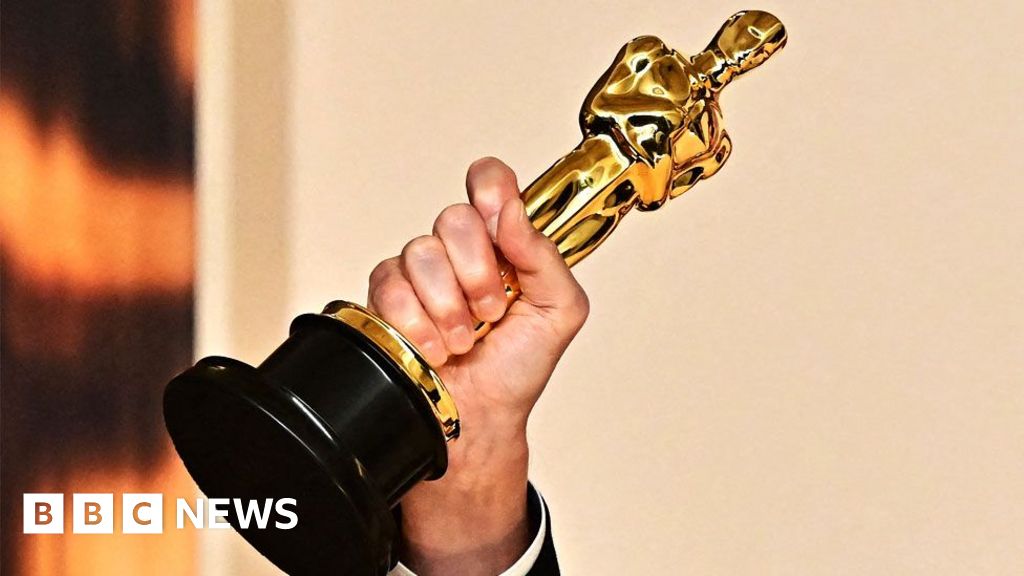
LOS ANGELES – In a groundbreaking move, the Academy of Motion Picture Arts and Sciences announced that films created with the assistance of artificial intelligence (AI) are now eligible for Oscars. This decision was revealed alongside new guidelines that clarify the role of AI in film production and its impact on Oscar nominations.
Immediate Impact
The Academy’s announcement specifies that the use of AI and other digital tools will “neither help nor harm the chances of achieving a nomination.” This clarification comes as AI technology continues to permeate various facets of the film industry, from scriptwriting to post-production.
Key Details Emerge
According to the Academy, the updated language regarding AI eligibility was recommended by its Science and Technology Council. New rules also mandate that Academy members must view all nominated films in each category to participate in the final voting round, ensuring a comprehensive evaluation of each contender.
“Generative AI, which can create text, images, audio, and video, was instrumental in several films that received top accolades this year,” the Academy stated.
Industry Response
The use of AI in film became a hot topic after actor Adrian Brody won Best Actor for his role in “The Brutalist,” a film that utilized generative AI to refine his Hungarian accent. Similarly, the Oscar-winning musical “Emilia Perez” employed voice-cloning technology to enhance singing performances.
Despite its growing popularity, AI remains controversial. Artists and actors have expressed concerns about the material used to train AI tools and their potential impact on creative professions.
By the Numbers
- 75% of recent Oscar-nominated films incorporated digital tools.
- 30% increase in AI-driven film projects over the past year.
Background Context
The decision to include AI-driven films in Oscar eligibility follows a broader trend of technological integration within the entertainment industry. AI tools have become essential for tasks ranging from script analysis to visual effects, offering filmmakers unprecedented creative possibilities.
Expert Analysis
Film critic and technology analyst Dr. Lisa Chen noted, “The Academy’s decision reflects a recognition of the evolving landscape of film production. AI is not just a tool; it’s becoming a collaborator in the creative process.”
What Comes Next
Looking ahead, the Academy’s stance on AI could influence other award bodies and industry standards. As AI technology continues to advance, its role in filmmaking is likely to expand, prompting ongoing discussions about its ethical and creative implications.
Meanwhile, industry experts warn that the integration of AI in film production must be handled with care to preserve artistic integrity and ensure fair recognition of human contributions.
The timing is particularly significant as the film industry grapples with the balance between technological innovation and traditional storytelling methods.






